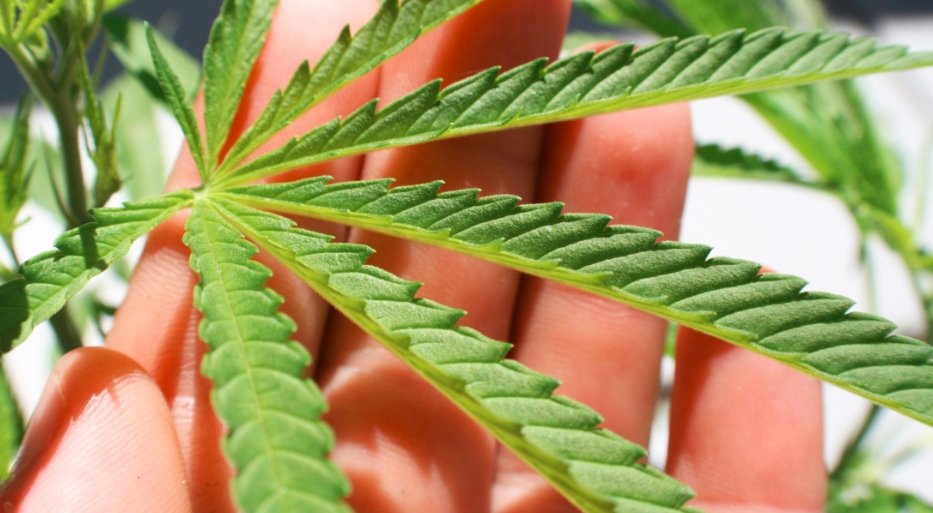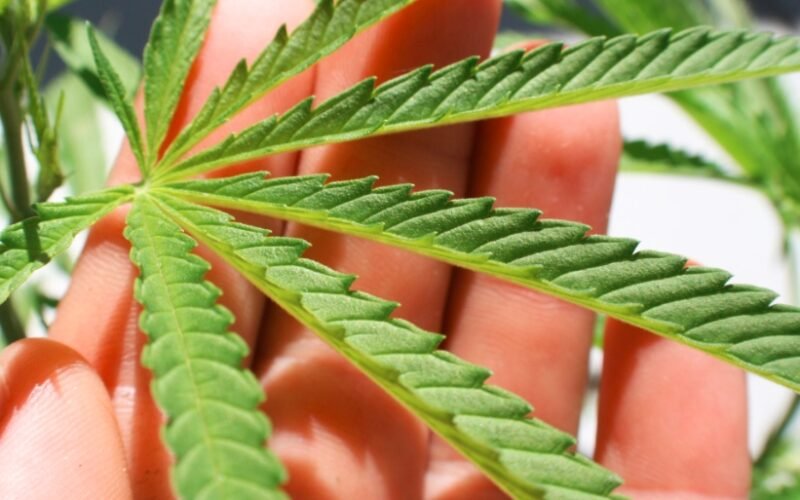Edinburgh, June 5, 2024 – A recent study delved into the intricate relationship between cannabis use and erectile dysfunction (ED), aiming to shed light on a topic that has sparked both curiosity and controversy. Let’s explore the findings and implications.
The Cannabis-ED Connection: Sorting Fact from Fiction
Erectile dysfunction affects millions of men worldwide, causing distress and straining intimate relationships. Previous studies have hinted at an association between cannabis use (CU) and an increased risk of ED. However, the evidence has remained contentious, leaving us wondering whether cannabis truly impacts sexual function.

The Mendelian Randomization Approach
To unravel this mystery, researchers turned to Mendelian randomization (MR) analysis. They harnessed genome-wide association study (GWAS) data to investigate causal relationships. Specifically, they explored the links between cannabis use disorder (CUD), lifetime cannabis use (LCU), and ED. Additionally, they examined sex hormone levels, including estradiol (E2), bioavailable testosterone (BT), follicle-stimulating hormone (FSH), and luteinizing hormone (LH).
The Surprising Results
The MR analysis yielded intriguing results. Genetically predicted CUD and LCU showed no causal relationship with the risk of ED. In other words, cannabis use did not directly lead to erectile dysfunction. Moreover, sex hormone levels remained unaffected by cannabis use. Estradiol, testosterone, FSH, and LH remained steady, defying the notion that cannabis disrupts hormonal balance.
Implications and Future Directions
While this study doesn’t definitively exonerate or condemn cannabis, it challenges prevailing assumptions. As we strive to prevent and manage ED, understanding potential risk factors becomes crucial. Whether you’re a cannabis enthusiast or a skeptic, this research reminds us that sexual health remains a multifaceted puzzle.




